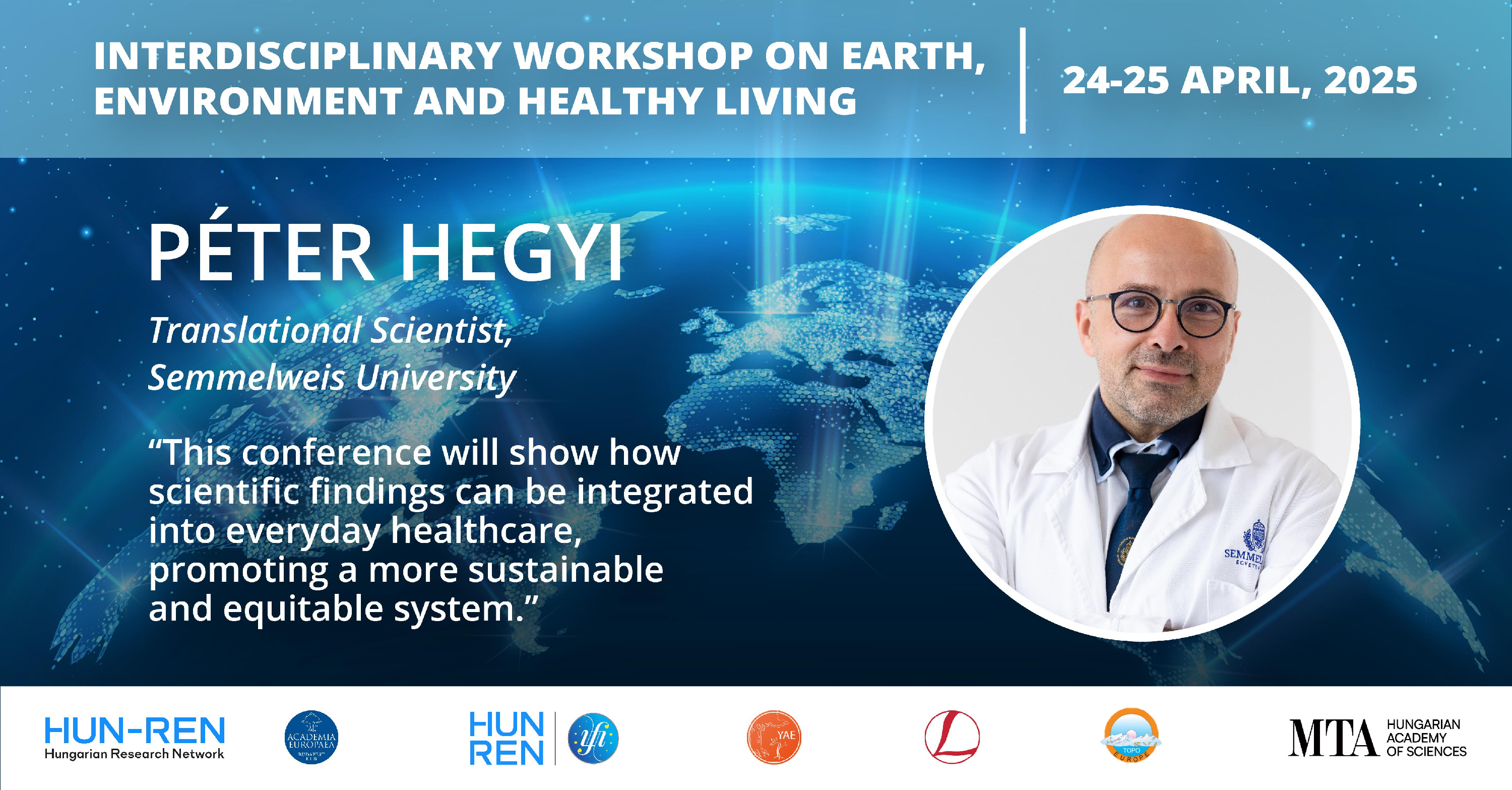How is Science Shaping Our Future? From Climate Research to Healthcare
The impacts of climate change are becoming increasingly severe, as seen in the Australian wildfires. Sustainable agriculture, ecosystem conservation, and the transformation of food systems are also crucial and timely challenges. These topics, among others, will be addressed in the third session of the two-day professional conference organized by Academia Europaea and HUN-REN.
The wildfires in Australia and America are increasingly severe consequences of climate change. Researchers had demonstrated as early as 1988 that the risk of fires would steadily increase, and this prediction has now become reality. Fortunately, science today is capable of mathematically modeling fire spread, impacts, and risks. “I remain optimistic that science, engineering, and technology, working for and together with society, will find solutions to the growing challenges posed by wildfires and climate change,” says Tom Beer, director of Safe System Solutions, an Australian road safety engineering consultancy. He will give a presentation on climate, wildfires, air quality, and health at the workshop held on April 24–25 at the HUN-REN headquarters in Budapest.
Of course, wildfires are not the only challenge the world faces concerning climate change. It is equally important to highlight issues in sustainable agriculture. Katalin Solymosi, a plant biologist at ELTE and deputy director of the Academia Europaea Budapest Knowledge Hub, will assist with this task. Addressing the challenges of sustainable agriculture requires integrated strategies focusing on environmental management, resilience to climate impacts, and public engagement. In her presentation, she plans to discuss several examples, case studies, and open research questions related to this highly complex field.
The challenges and opportunities of a sustainable future are also the focus of another presentation. In Europe alone, there are nearly 800,000 km² of grasslands, which provide numerous ecosystem goods and services, from water regulation and pest control to supporting millions of grazing livestock, emphasizes Péter Török, a researcher from the Functional and Restoration Ecology Research Group at the University of Debrecen, regarding his upcoming talk.
According to Phoebe Koundouri, professor at the Athens University of Economics and Business and the Technical University of Denmark, by applying a comprehensive approach and using complex assessment models, we can transform food systems in a way that addresses the challenges of climate change, biodiversity loss, and food security.
Sustainability in medicine
In his presentation titled European initiatives to improve the integration of cancer research, prevention, and care, Péter Nagy, head of the Department of Molecular Immunology and Toxicology at the National Institute of Oncology, will share the latest findings in the field. However, for healthcare to truly become sustainable, both medical and scientific education must evolve. Péter Hegyi, director of the Center for Translational Medicine at Semmelweis University, will address this issue as well in his presentation.

The scientific exploration of maintaining high cognitive performance during aging can offer us important insights and lessons. In his presentation, Balázs Gulyás, President of HUN-REN, will provide an overview of the neurobiological foundations of cognitive compensation mechanisms and will briefly outline recent research efforts in this field.
The detailed program of the April conference is available here. A full overview of the speakers and presentations from Section I can be found here, while the topics of the researchers presenting in Section II are available here.

